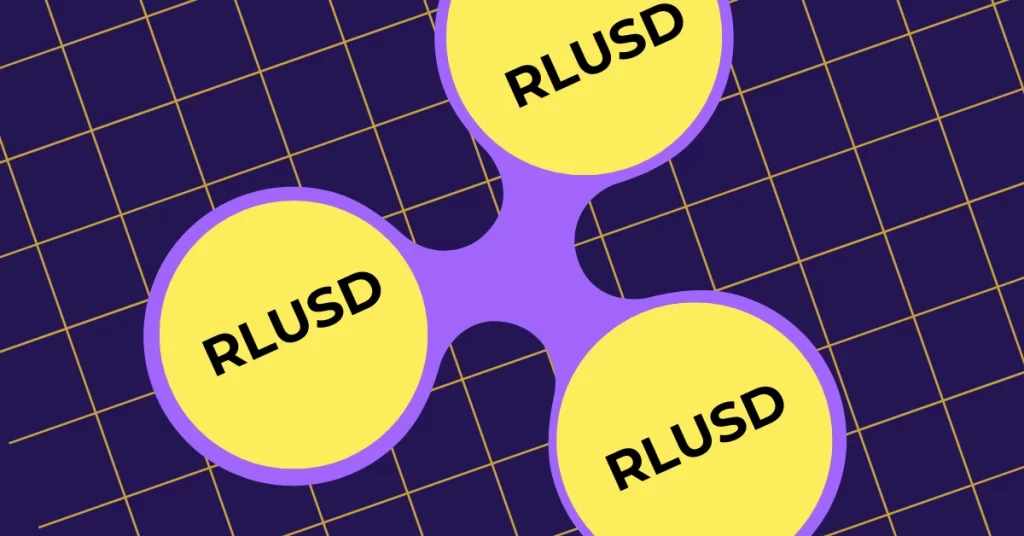Diving into the world of cryptocurrency can be exciting, but it’s also full of potential pitfalls, especially for beginners. Scams, hacks, and user mistakes can lead to significant losses if you’re not careful. Thankfully, with the right precautions, you can keep your investments secure and avoid common pitfalls.
Here’s a step-by-step guide on how to safely buy and store cryptocurrency as a beginner.
Your first step in buying cryptocurrency is selecting a reliable exchange. This is where you’ll convert your traditional money (like dollars) into crypto. However, not all exchanges are created equal — some may lack security measures or be outright scams.
What to Look For:
- Reputation: Choose well-known exchanges like Coinbase, Binance, or Kraken that have a track record of security and reliability.
- Regulation and Compliance: Ensure the exchange complies with regulations in your country.
- Security Features: Look for features like two-factor authentication (2FA) and cold storage for user funds.
Red Flags:
- Exchanges offering unrealistic rewards or bonuses.
- Lack of transparency about their location or team.
Pro Tip: Research online reviews and ensure the exchange has never experienced a major hack.
Once you’ve chosen an exchange, securing your account is crucial. Weak passwords or a lack of additional security can leave your funds vulnerable.
How to Stay Safe:
- Use a Strong Password: Create a unique password that combines letters, numbers, and symbols.
- Enable Two-Factor Authentication (2FA): This adds an extra layer of security, requiring a code from your phone to log in.
- Beware of Phishing Scams: Scammers may send fake emails or links to steal your login details. Always double-check URLs and avoid clicking on suspicious links.
As a beginner, it’s wise to start small. Cryptocurrency prices can be highly volatile, and it’s important to test the waters before committing significant funds.
Why This Matters:
- Reduces the risk of losing large amounts of money if the market drops or you make a mistake.
- Helps you learn how exchanges and wallets work without unnecessary stress.
Pro Tip: Only invest what you can afford to lose. Treat crypto as a high-risk investment, especially early on.
Once you’ve purchased cryptocurrency, you’ll need a wallet to store it securely. Leaving funds on an exchange exposes you to risks like hacks or exchange shutdowns.
Types of Wallets:
- Hot Wallets: Online wallets that are convenient but more vulnerable to hacks. Examples: MetaMask, Trust Wallet.
- Cold Wallets: Offline wallets (like hardware wallets) that offer the highest level of security. Examples: Ledger Nano X, Trezor Model T.
How to Stay Safe:
- Use a cold wallet for long-term storage.
- Never share your private keys or seed phrase — these are like the PIN to your funds.
- Back up your wallet’s seed phrase and store it in a safe place.
Crypto transactions are irreversible — once you send funds, you can’t get them back unless the recipient returns them. Always double-check everything before confirming a transaction.
Tips for Safe Transactions:
- Verify Wallet Addresses: Copy and paste wallet addresses carefully to avoid mistakes.
- Send a Test Amount: Before sending a large amount, send a small amount first to ensure everything works correctly.
- Be Cautious with QR Codes: If you’re scanning a QR code, double-check the address it generates.
Crypto scams are rampant, targeting beginners who may not know the red flags. These scams often promise guaranteed returns, fake giveaways, or investment opportunities.
Common Scams to Watch Out For:
- Impersonation Scams: Scammers pretend to be exchange support or influencers.
- Phishing Attacks: Fake websites or emails that steal your login credentials.
- Rug Pulls: Fraudulent projects that take your money and disappear.
How to Avoid Scams:
- Never share your private keys or seed phrases with anyone.
- Verify the legitimacy of projects and investment opportunities.
- Avoid “too good to be true” offers, like guaranteed profits.
The crypto world evolves rapidly, and staying informed is key to avoiding risks. Follow reputable news sources and learn from experienced investors.
Trusted Resources:
- News Sites: CoinDesk, CoinTelegraph, Decrypt.
- Crypto Communities: Reddit’s r/Cryptocurrency, Twitter accounts of credible crypto analysts.
- Educational Platforms: YouTube tutorials, crypto courses, and blogs from trusted voices.
Pro Tip: Keep an eye out for security updates and announcements from exchanges and wallet providers.
The safety of your cryptocurrency depends on the security of your devices. Malware and hacking tools can compromise your funds if your devices aren’t protected.
Tips for Device Security:
- Use antivirus software and keep it updated.
- Avoid accessing your wallet on public Wi-Fi. If necessary, use a VPN for added security.
- Keep your devices’ operating systems and apps up-to-date to patch any vulnerabilities.
Buying and storing cryptocurrency safely requires a mix of vigilance, research, and secure practices. Start small, choose reputable platforms, and always double-check every step of your journey. With the right approach, you can confidently explore the exciting world of crypto while keeping your investments safe.
Remember: in crypto, you are your own bank, so security starts with you. Stay cautious, stay informed, and enjoy the ride! 🚀

 11 hours ago
11
11 hours ago
11







 English (US) ·
English (US) ·